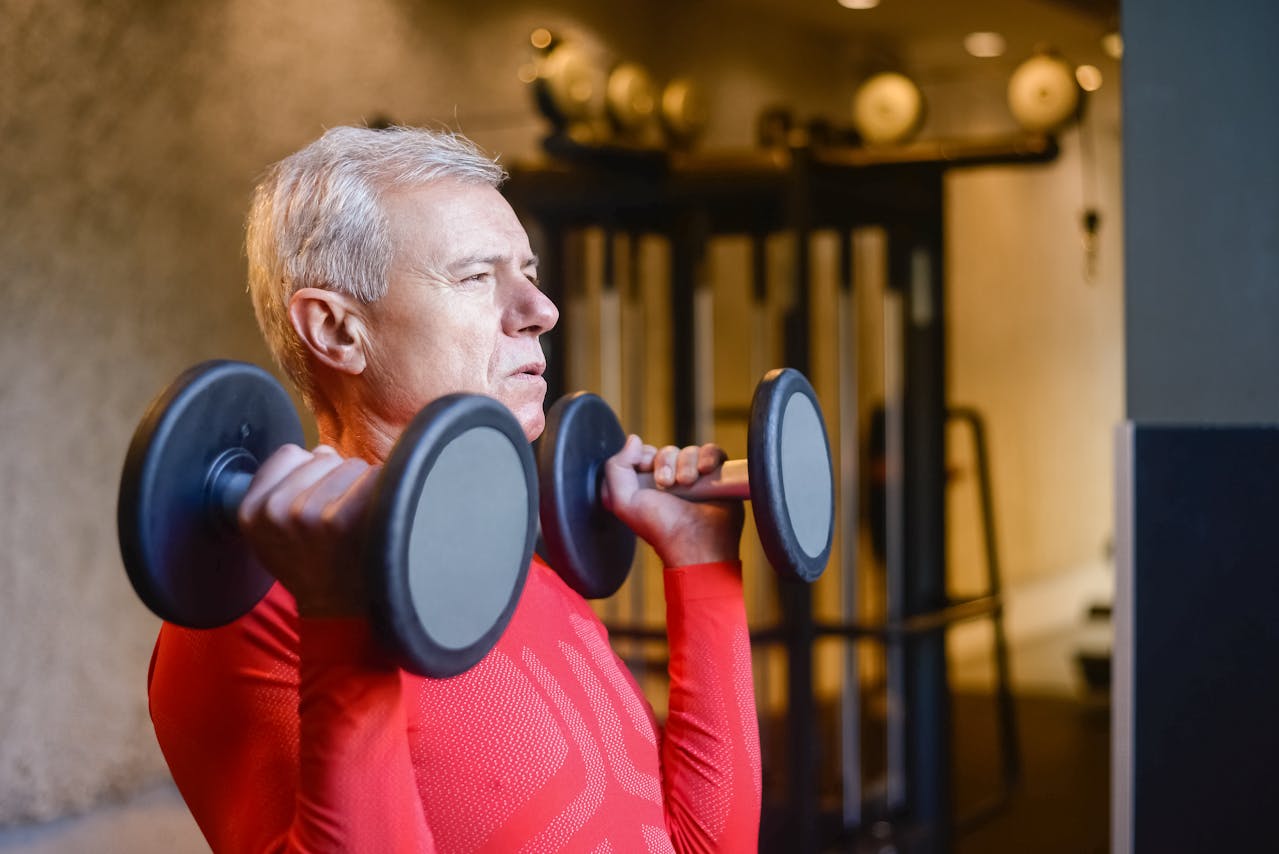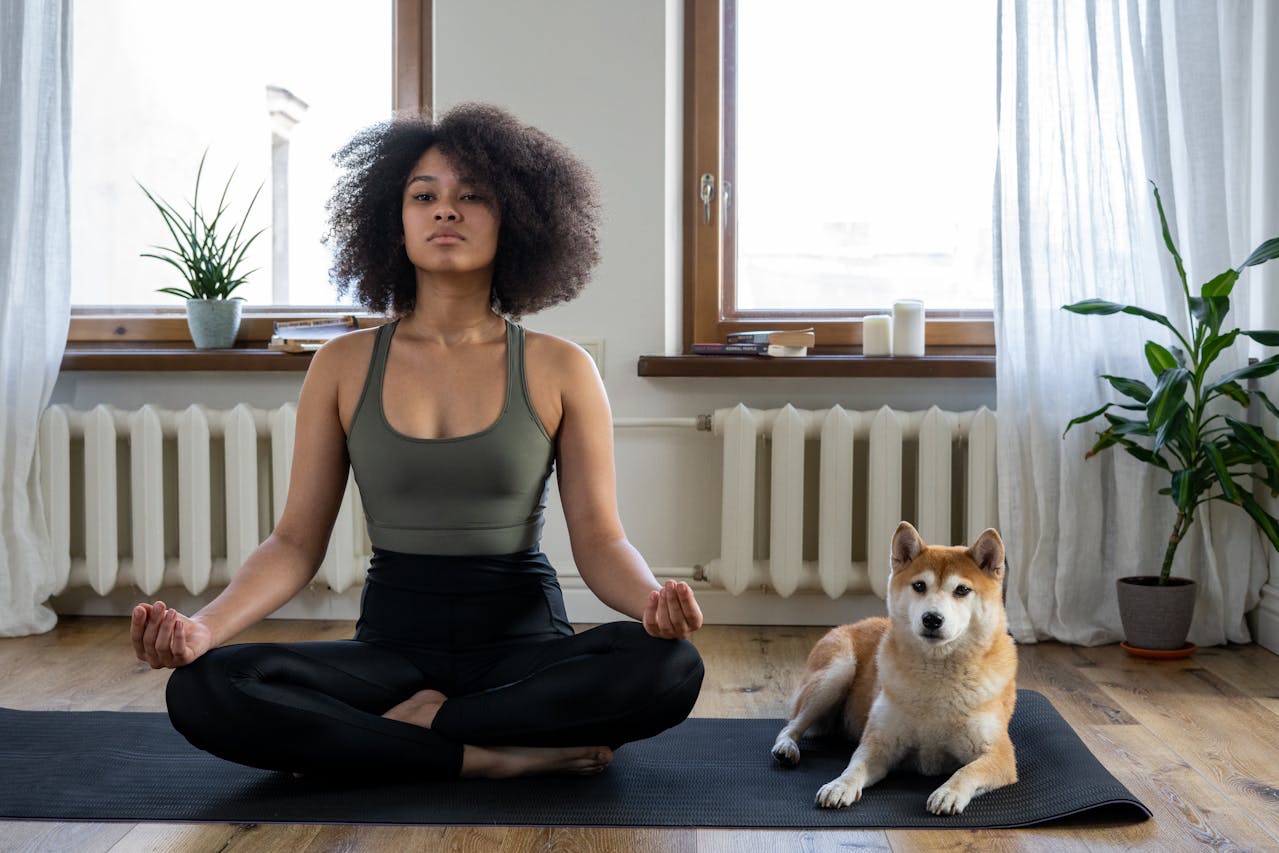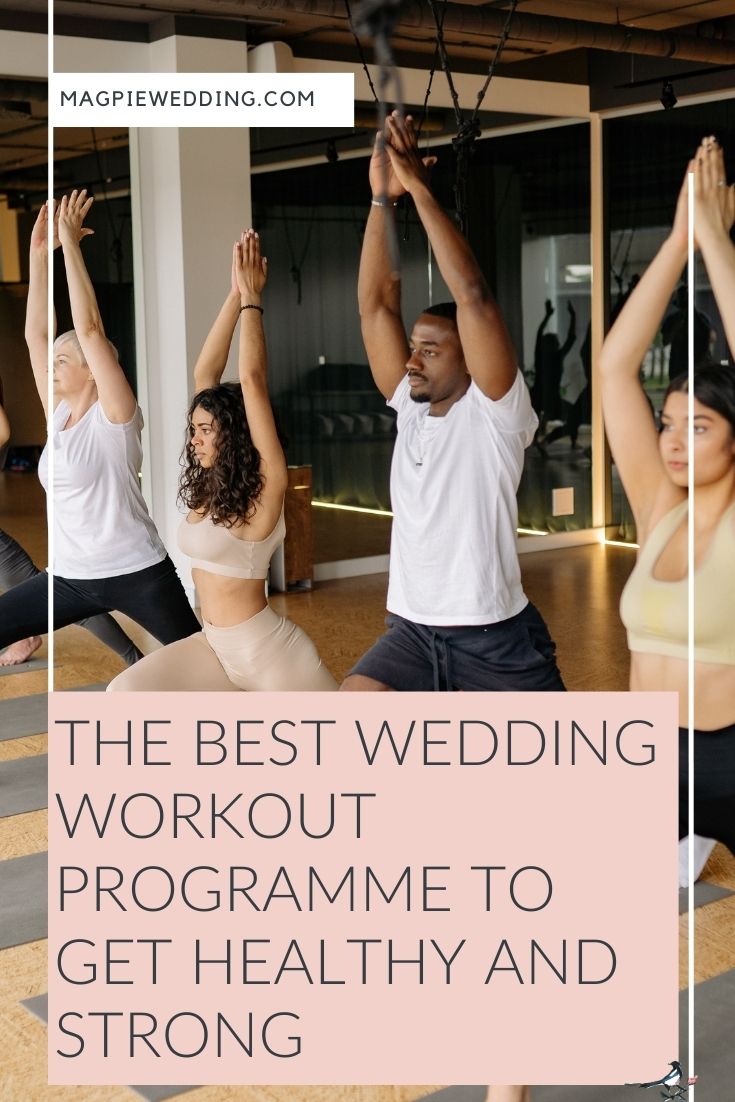Many of our readers tell us they want to feel the best they can on their wedding day. They want to feel healthy and strong but are not sure where to start – and with all the negative messages they see about losing weight it can be overwhelming. Remember you do not need to lose weight for your wedding day – but if you want to get fitter, feel more energetic and improve your mental health, without focusing on calorie counting, here are a few things to consider if planning a wedding workout.
What are the benefits of getting stronger before your wedding day?
Getting stronger brings numerous benefits, including enhanced physical performance, better posture, and increased bone density. It improves joint health and reduces the risk of injuries by stabilising muscles and joints. Strength training also boosts metabolism, enhances mood through the release of endorphins, and contributes to overall longevity. Additionally, it supports daily activities, making tasks such as lifting, carrying, and even standing for extended periods easier and less tiring.

What’s the Best Wedding Day Workout Programme?
Let’s start by saying that what’s best typically depends on your personal training preferences—what kind of workouts you like to do. So we won’t be listing a programme that tells you what to do every day of the week. Instead, we will be providing suggestions and letting you choose what you want to do, so you can think of our article as a guideline, not a strict regime.
Cardio
To improve your cardiovascular health and overall fitness, it’s good to include one or two cardio sessions per week in your workout plan. Depending on how much you want to improve your stamina, you can increase the sessions you do per week. Trying out different endurance activities is beneficial. For example, combining cycling and walking, along with running, can be a fantastic way to get your heart racing and try out different sports to find which one you enjoy the most. In addition, if you live in a warmer area where the weather and nature allow for long walks, that’s also a terrific way to get your sweat going while spending some time outside.
Weightlifting
In addition to the cardio sessions, it’s also good to build some muscle. The most effective way to do that is by going to the gym, lifting weights 2-3 times per week, and doing full-body workouts that aim to help you with your body composition by building muscle proportionally in the upper and lower body. You can of course do this at home, watching videos.
It’s a good idea to focus on doing compound lifts such as squats, deadlifts, bench presses, and more. These target several muscle groups at the same time and are more taxing on your body, making your workouts that much more effective in the long run. Along with that, full-body workouts tend to feel more exhausting, thus helping you build strength more efficiently.

Other Workouts
The key to getting fit is movement—the more active you are, the easier it will be for you to improve your health. And if you don’t particularly enjoy weightlifting, you can opt for other workouts such as yoga, pilates, CrossFit, spinning, and many more.
The key is to find an activity you enjoy doing and to do it frequently. Instead of doing just steady-state cardio like cycling, running, or walking, you can also try participating in different sports like basketball, tennis, or padel—simply anything that’s fun and gets the heart rate going. plus finding something you can do with your friends or parter makes it extra fun!
The Most Important Part of Getting Healthy
It’s no secret that being active is an important part of improving your health; however, it’s not the most important part. When it comes to being healthy, having the right diet is the main factor that will drive you to feel healthier and more energetic. Fitness trainers love saying that you can’t outrun a bad diet, and it’s true—if your nutrition isn’t aligned with your goals, you won’t be able to achieve the fitness level you desire, regardless of how many hours you spend in the gym or doing cardio workouts.
When it comes to getting your diet right, the most important rule to remember is balance—meaning that you should eat a well-rounded diet that provides all the nutrients your body needs. There are dozens of ways to find out exactly how many calories and nutrients you need to consume, as there are online calculators that give a rough estimate that you can follow and adjust as you go along. In addition to keeping track of your food consumption, you should also aim to make your diet healthier—it doesn’t mean you have to go extreme and cut off every single snack you enjoy. Plus cake is fun!

At the start, try to include a source of protein with every meal (eggs, chicken, salmon, or tofu), a complex carb (quinoa, sweet potato, whole grain bread), and a healthy fat (avocado, olive oil). By making sure that your three main meals of the day are healthy, you can allow yourself to indulge in a sweet or salty snack once or twice.
It’s also good to focus more on consuming vegetables and fruits—they’re not as calorie-dense as most other foods; however, they contain loads of fibre, which helps them keep you fuller for longer.
Our main advice to you would be to not fall into the trap of marketing campaigns that promise you quick and easy health fixes with the help of pills and teas —instead, try to follow our lead, develop healthy habits, and we promise you will look and feel better in the long run. Remember, you do not need to change a thing about you for your wedding day or any day!

This is a collaborative post.





